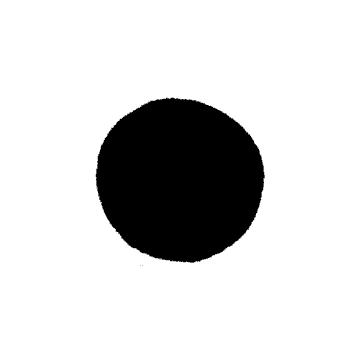Here's a little proselytizing for you.
We need very little, even to live in extreme comfort. And, the majority of what we need has already been made or is available second-hand. Add to that, purchasing new products, while propping up our economic system, adds excessive waste to our living environment - from the stages of finding/mining the resources, to transportation, sales, waste and disposal.
This is easy to say, and I am well aware that waste, especially in the current system, is inevitable at some level. But we can have a very direct hand in reducing the amount...this can make huge differences for our environment and population.
As a small personal step, for over four years, I have attempted to buy only used clothes (excepting underwear, footwear, swimwear). It hasn't been hard and for me, it has been a great decision. When the clothes wear out, I tailor them to bring them back to wearing condition.
Some general benefits of purchasing second-hand clothes:
Reduces garbage (most new clothes ends up used in the garbage...a good majority of them were never sold or worn)
Discourages new production, thereby having a direct effect on over-production, over-exploitation of resources, pollutants (especially dyes), excessive water usage, transportation, etc...
It’s not a part of an industry that largely attempts to find the cheapest place to produce their items under what many would call inhumane working conditions
On a superficial level, the items are often times unique
By nature, they are preshrunk and the colors won't fade as much - what you see is what you get
The clothing has stood the test of time and have proven their strength
They are almost always many times cheaper
Often times when you find a piece of clothing, it has a special connection with you and a story
There are more surprises. You subconsciously become less beholden to current styles and trends.
There's more, but this is a good start. It obviously applies to many things beyond clothes, but the new clothing industry is, for most people, relatively easy to circumvent by purchasing used.
This image sends my brain into an infinite loop. In China or Vietnam, there is a factory that likely turned out thousands of these.
Reusing, combined with being very selective (getting what you "need" and maybe a little bit more) for me is the smartest, most economical (in both time and money) and the most entertaining choice. The incredible profusion of horrible clothing stores and ads that accost you everywhere are out of my orbit now. Just racks and racks and racks of new clothes, while at the same time, there's a glut of clothes throwaways. Those throwaways make up a large part of my closet.
Being in Asia for a number of years, I have seen the second-hand clothes market go from out-of-mind to in-fashion (when relabeled 'vintage'). The initial disgust, like in America a generation ago, came partially from realities (they were dirty - before they were washed) and partially from symbolism (“you can’t afford or find ‘the new’ ”). In reality, it’s the new clothes that are the dirtiest, although it is its one degree of separation from the waste created through the steps of production and waste which makes this dirtiness invisible without thought.
If we look at our world with bigger eyes in the future, when things do become more and more close, will the revulsion of uncleanliness of our environment prove more repulsive than the perceived uncleanliness of our clothes?


